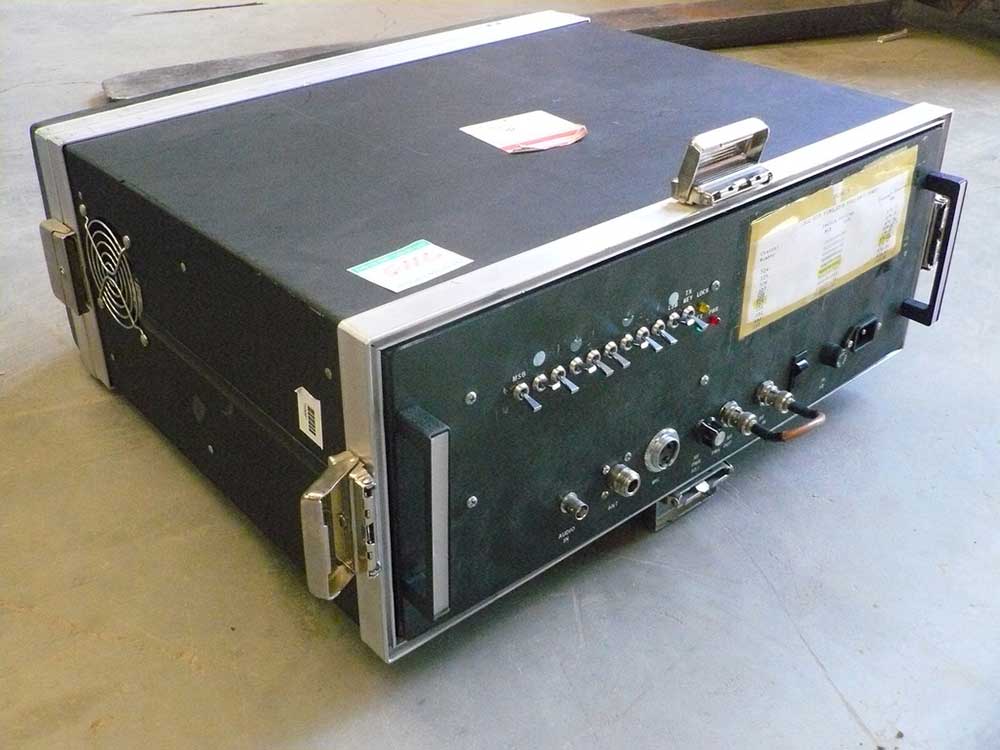Washington – The use of cell-site simulator technology undoubtedly contributes to public safety and order, whether it is in fugitive apprehension, narcotics investigation or a hostage rescues; it is used to monitor mobile phones and obtain location data from them.
However, as these devices are collecting information from all mobile phones in the proximity, many unsuspecting consumers are being caught in the mix. This has raised great concerns from civil rights advocates who worry about the widespread data collection it makes available to law enforcement agencies.

After extensive reporting on the subject, the Department of Justice has established an “Enhanced Policy for Cell-Site Simulators” detailing when they can be used by federal agencies. Now they will demand from law enforcement agencies, like the DEA or FBI, to explain how cell-phone surveillance technology will be used when requesting a warrant.
Moreover, they will be required to sign non-disclosure agreements before permissions are granted and will They now will be used accordingly with the requirements and protections of the American Constitution, including the Fourth Amendment.
Until now, everyday consumers had no idea of how their mobile devices were being accessed by law enforcement agencies. Agencies appropriately obtained authorization to use a cell-site simulator by seeking an order pursuant to the Pen Register Statute. From now on it is required to obtain a search warrant and it will be required all data to be deleted once a subject’s phone is found.
“We understand that people have a concern about their private information, and particularly folks who are not the subjects or targets of investigation”, the Justice Department said. In creating the policy, they expressed their mindfulness of those concerns, as well as a sense that federal agencies and offices within the department were using inconsistent practices.
The warrant requirement also prohibits local officers from revealing how the technology works. “This new policy ensures our protocols for this technology are consistent, well-managed and respectful to individuals’ privacy and civil liberties”.
The Small Words
Even though the recent policy marks a milestone for customer privacy, a footnote in it may be diminishing the real impact of the measure, and we might be finding ourselves in a kind of misdirection.
“This policy applies to cell-site simulator technology inside the United States in furtherance of criminal investigations” the official document reads.
Source: U.S. Department of Justice
